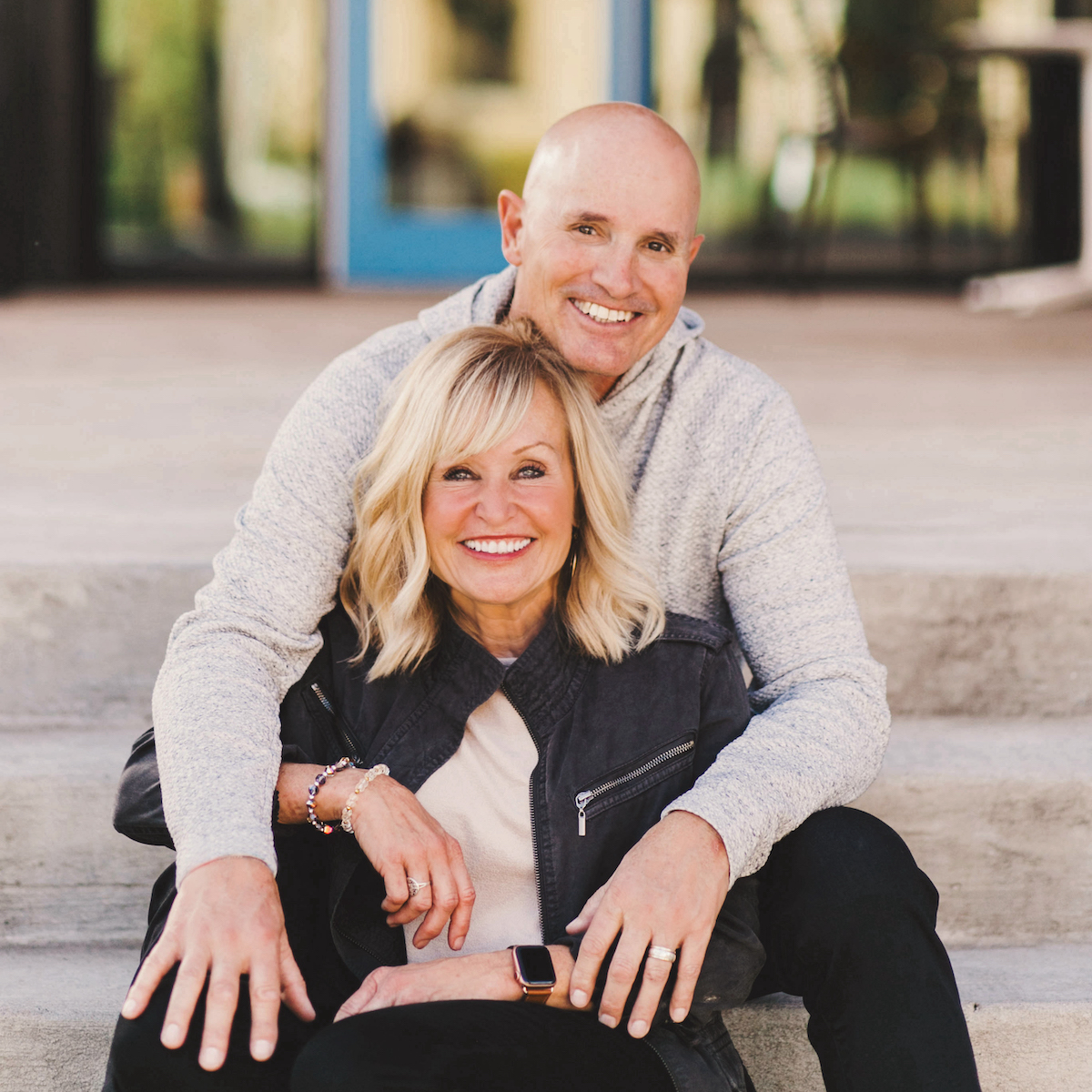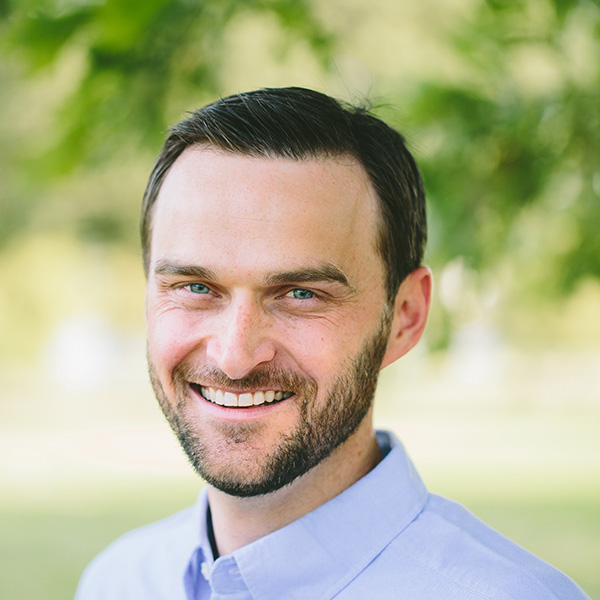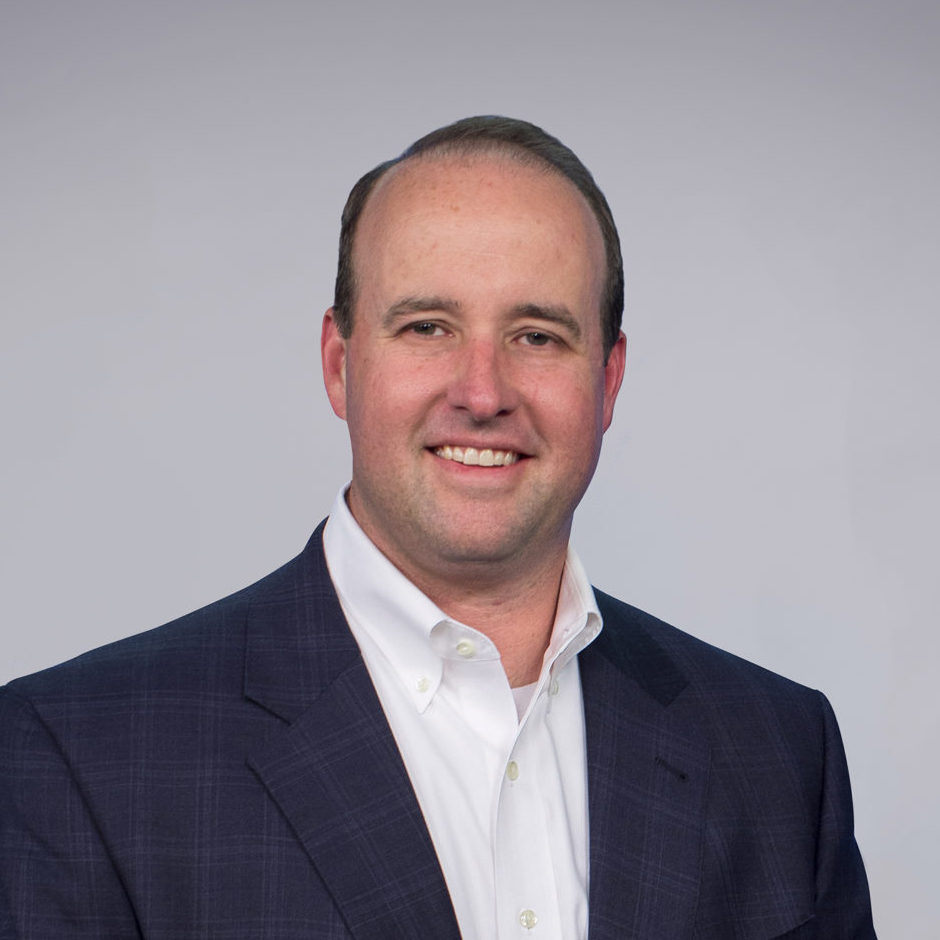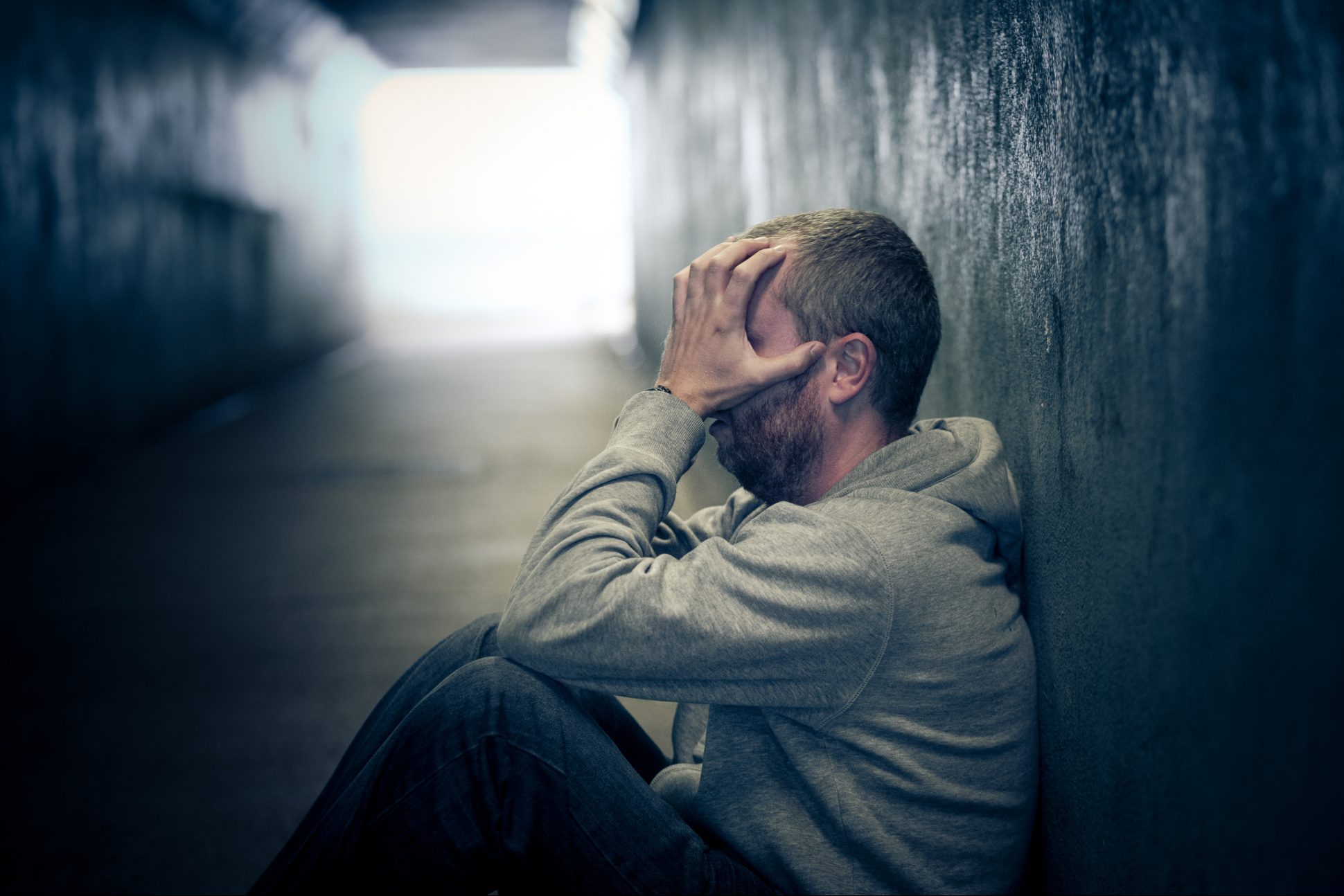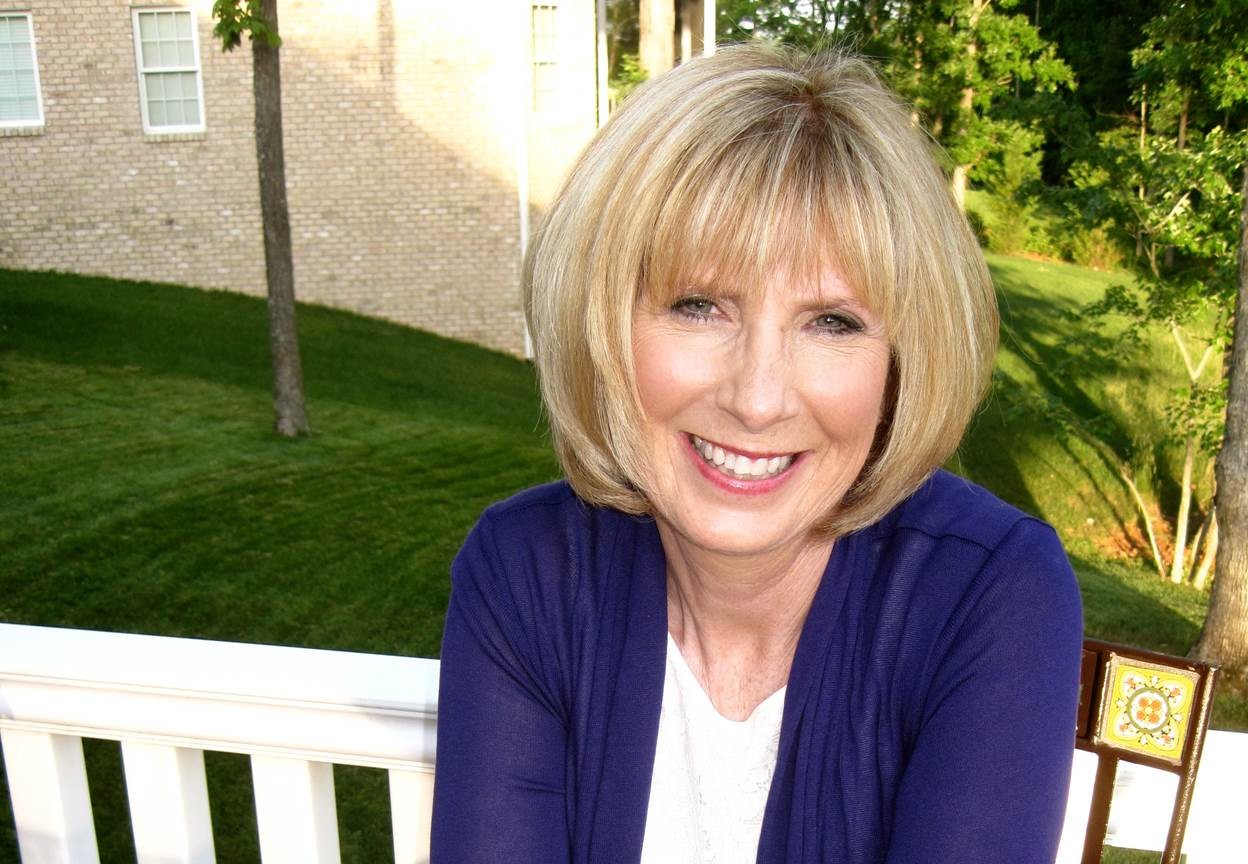“It was my friend’s choice to have an addiction problem. No one forced him to put those pills in his mouth. He is an addict because he chose to use drugs. Don’t tell me this is a disease. He started. He can stop.”
Does this resonate with you? Is there someone in your life who is addicted and you feel brought it on themselves? Addiction is much more complex than boiling it down to a choice and willpower.
The brain changes caused by addiction are pervasive and long-lasting and help explain why someone doesn’t will his way out of the disease. Addiction involves maladaptive learning patterns related to genetics, environment, psychosocial, behavioral and other factors that significantly change the brain. And once addicted, the brain has to be rewired in order to stop the addiction.
People often begin taking drugs by choice. But this can quickly move from use to compulsive use. Then dependence (a stage of physical and psychological withdrawal) makes it difficult to stop using. Drug seeking behavior continues despite aversive consequences, loss of control over intake, and is associated with negative emotional states, especially when access to the drug is blocked.
Drugs are pleasurable because they stimulate the dopamine pathway in the brain involved in reward perception and learning. It is one of the main pathways (not the only) involved in repeated drug use. Drug use creates a surge of euphoria and keeps people coming back for more of the drug. When drugs like an opioid are used, the amount of dopamine released in the brain is the basis for the reward or euphoria. A rush is experienced (positive reinforcement). With repeated use, brain receptors become less sensitized to drug stimulation, thus more dopamine is needed to achieve pleasure. This means you need to take more drugs in order to get the sense of pleasure. Now, the drug use becomes a compulsive behavior.
Based on this knowledge of the brain, one of the most significant shifts in addiction work is recognizing that addiction is a disease, not a moral failure. Yes, people use drugs for a variety of reasons—to feel good, to get high, to fit in, to feel relaxed, to increase energy, to feel powerful, to numb or escape internal pain, and to increase self-confidence. However, the pleasurable escape ends when the initial sense of control leads to a lack of control. Problems develop, negative consequences occur, denial sets in, abuse becomes compulsive.
So while drug use may begin voluntarily for the purpose of physical or emotional pain relief, eventually the drug is doing the choosing for survival. What began as a choice, ends in bondage. Thankfully, there is freedom and help. But because of the brain changes, the road to recovery is not easy.


